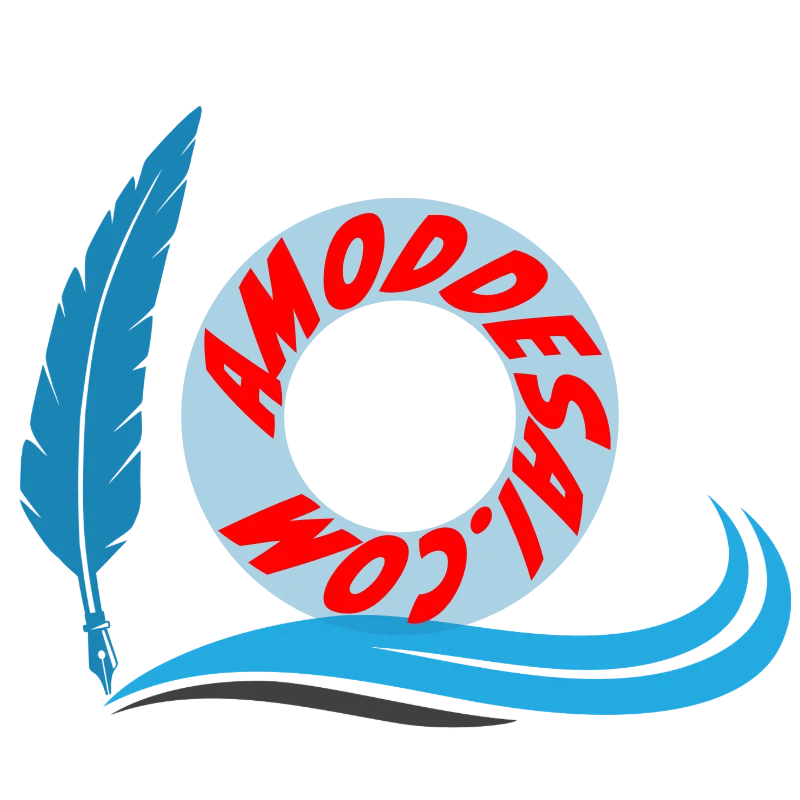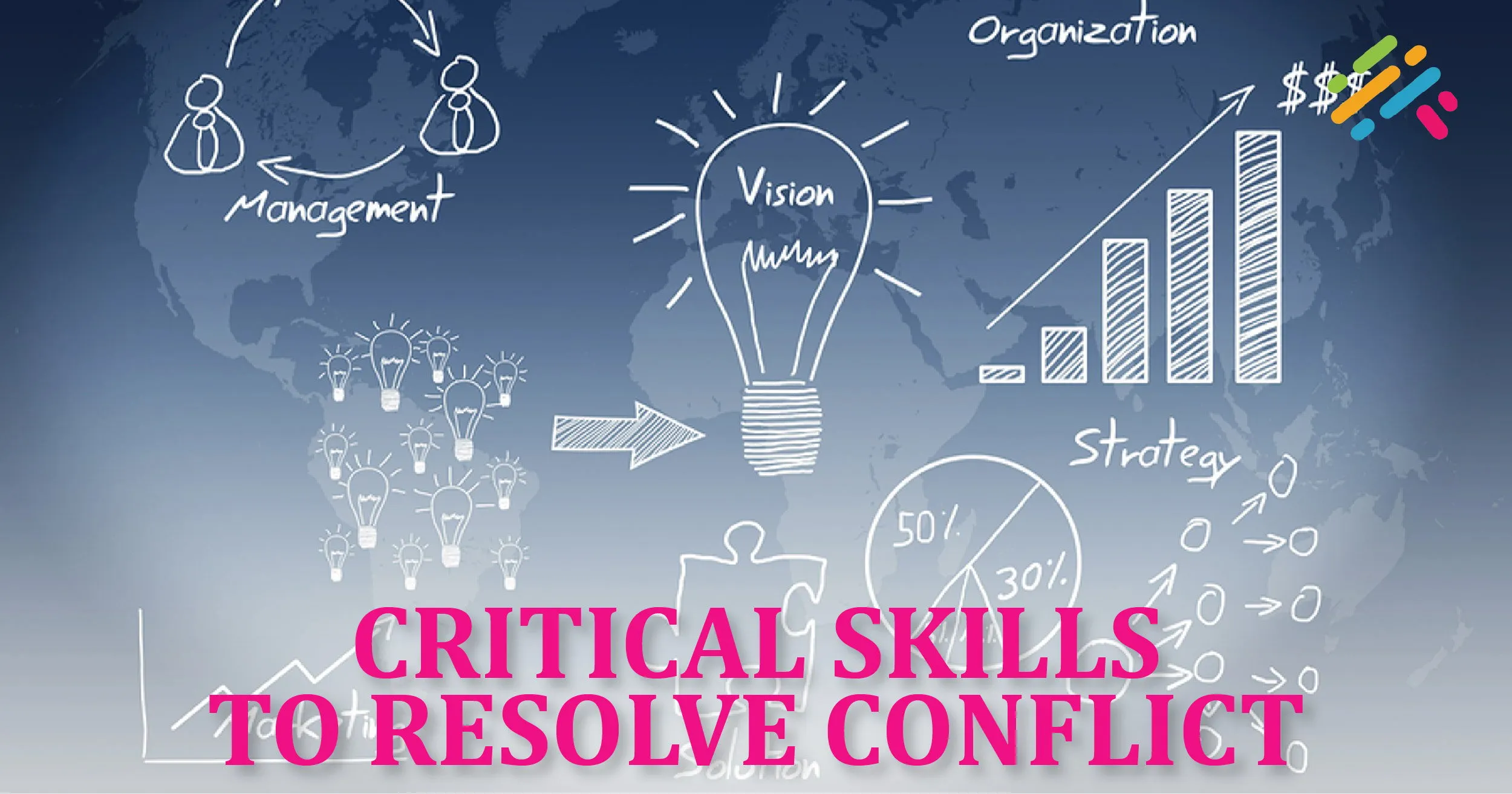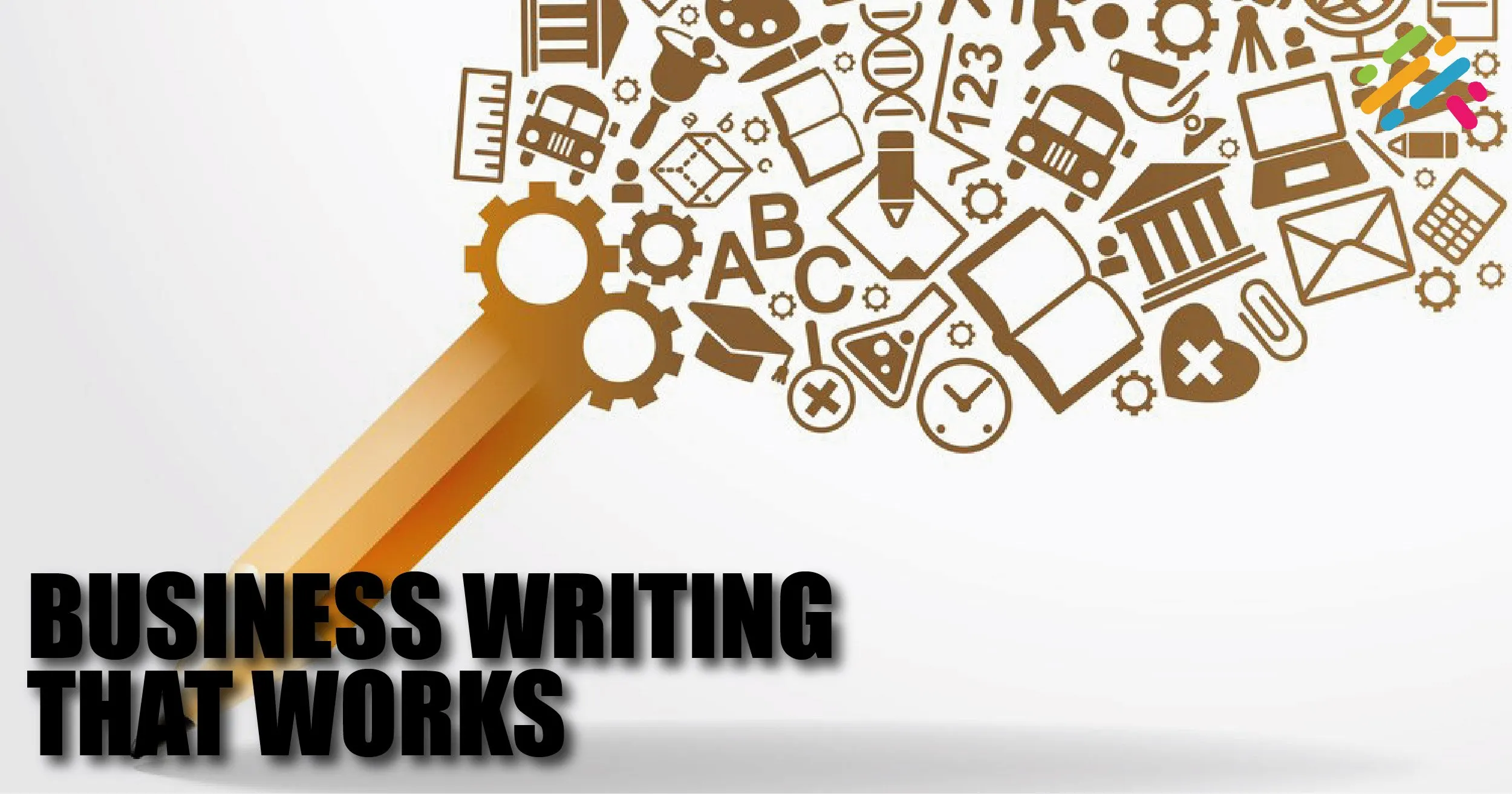Ten Top Soft Skills You Need to Succeed Today

Did you know?
As the Skill Survey data shows, 77% of companies think that soft skills are just as important as subject matter skills, and 67% of HR managers prefer to hire people with strong soft skills even if their hard skills are not as good. This is why soft skills are important these days.
Soft Skills are unique attributes or characteristics that facilitate great:
- Communication
- Negotiation techniques
- Tips on making an impact
- Advice on networking and starting professional conversations
- Business etiquettes
- Presentation skills
- And much more!
In the age of automation and digitization, many jobs have been lost.
What separates the people who turn out to be successful professionals from those who don't are 'human skills.' Irrespective of the industry, role, or level of management you are in, soft skills cannot be mimicked by robots or machines, making them new-age power skills. While soft skills cannot be emphasized enough, it is important to note the need to learn key soft skills to succeed today.
Understanding the Ten Soft Skills, you will see how important building on a core set of soft skills is. By examining and managing how people interact and seeing things from a new perspective, you will improve almost every career aspect.
Through the learning, you will:
- Discuss the importance of soft skills to succeed in your career
- Learn about the ten key soft skills everyone must have
- Apply soft skills to relate more effectively to others in the office
- Learn how to talk to people, fix problems, and end arguments using "soft skills."
- Practically use soft skills in specific situations
Let us take a quick look at the 10 top skills you need.
SKILL #1 - Communication
Verbal and non-verbal communication is one of the critical soft skills since our capacity to speak professionally and with clarity is the foundation for all other soft talents. Sending messages is only one aspect of communication; other skills include receiving messages, attentively listening, and " hearing" what is being unspoken. We frequently concentrate on developing clear speaking and writing skills, yet these are just two aspects of communication. Research indicates that nonverbal cues such as posture, eye contact, gestures, and personal space account for as much as 70% of the information humans convey. As a result, developing your nonverbal communication skills might enhance your general message-sending and -receiving abilities.
The key to becoming adept at building better workplace communication is open and honest communication. Being transparent and genuine about work matters and willing to communicate with others is very important. Each individual has a distinct level of comfort with what and how much to disclose about themselves. Still, our willingness to share parts of ourselves and discuss work matters with colleagues also helps to build rapport.
SKILL #2- Teamwork
"Coming together is a beginning, staying together is progress, and working together is a success."
This is commonly heard and believed. However, achieving teamwork is something that needs more in-depth understanding.
Collectively working with a group of people to complete a task is commonly known as teamwork. It means that everyone will try to work together, using their skills, and give helpful feedback, even if they do not get along personally.
How does working together help you get ahead in your career? Working together as a group can help you figure out tough issues. Brainstorming allows every team member to share their thoughts and develop new ways to complete tasks. Teams can find the best answers when they work together.
Developing teamwork as a soft skill makes you a good team player who is collaborative yet expressive.
SKILL #3- Problem Solving
Regardless of your job profile, problem-solving is part of your work. Critically applying problem-solving skills enhances productivity and helps improve relationships by focusing on shared goals and solutions.
Effective problem-solving involves these key steps:
- Identify the root cause of the problems
- Evaluation of the problems individually/with a team
- Addressing the problem and discussing the solutions
- Implementation of solutions
- Re-evaluation of the solutions
SKILL #4 – Time Management
We all have the same hours in the day, so why do some people tend to get so much more done? Effective time management is key to enhanced productivity. Time management skills can help you optimize, maximize your time, and achieve your targets in/before time. A crucial aspect of time management is the art of scheduling and deciding upon priorities.
Take the time to ascertain which task is most important for the day and the coming week. Slot these into your schedule. This ensures your time is booked appropriately and resources are allocated for the most important tasks and projects. Prioritizing is especially key when working in a group or team. If people who must work together have different senses and understanding of the priorities, this can lead to miscommunication, conflict, and reduced productivity.
SKILL #5- Attitude and Work Ethic
Your attitude, approach, and behavior are all successful assessing points in a professional setup. How you deal with people, colleagues, seniors, subordinates, stakeholders, and clients- everything counts tremendously. You can achieve a positive attitude and a highly professional work ethic when your personal and professional goals are combined. Spend some time figuring out your objectives for your profession as a whole and particular initiatives. To help you stay focused, connect these objectives to the regular duties and obligations you have at work. Look for ways to link each task or stage to the overall group goals and the particular objectives of each member. The secret to taking care of the business and yourself is this. You will only have a positive mindset and strong work ethic when both are in line.
SKILL #6 – Adaptability/ Flexibility
We are in the 21st century, and being rigid regarding work is the last thing our employers expect! In the highly dynamic and ever-evolving work environments blended with fast–paced technology and digitization, everyone is on the lookout for people who are multi-talented, flexible to work, and can quickly adapt to the changing climate. This is not just a soft skill; being flexible is about mindset. To have a growth mindset, you should be someone who can look into the future and let bygones be bygones. Flexibility has two aspects- with work and dealing with people. Both are equally important.
SKILL #7- Self Confidence
How you speak, carry yourself, dress up, behave, and perform gestures is a mark of your confidence. Self-confidence is a state of mind of self-belief. It boosts you to do something that fears you or people in general. In today's workplace scenario, there is no room for those who do not have self-confidence because there is no shortage of competition now. Many people are achieving their goals by using confidence as a ladder. One golden rule is "Higher the self-confidence, the more the chances of success."
SKILL #8- Ability to learn from
Although nobody enjoys criticism, learning from it is essential for professional and personal growth. Developing the ability to take criticism well and grow from it is an important self-investment. One of the most important aspects of self-confidence is the capacity to hear and accept criticism. It also shows that you respect other people's opinions and foster a sense of commitment to your work and personal development.
SKILL #9 – Networking
All organizations exist to grow. Growth is directly proportional to making connections, driving business, and growing awareness of the business/brand. Today, networking is more than merely a buzzword. It is more than meeting or connecting with people on the Internet. One important soft talent is taking the time to network and form relationships. Connecting with people can widen your circle of support and knowledge through networking. It entails establishing connections to benefit both parties so you can grow and learn from one another and the partnership.
SKILL #10- Self and Social Awareness
Working professionals, as productive and competent as they may be, must remember that they are social beings. It is very important to know your competencies. But along with that, it is equally critical to be aware of your surroundings. Those updated with the latest trends and aware of political, social, and international happenings, technological advancements, and industry insights tend to show more innovation in their work. They are socially aware and bring a sense of maturity and relevance to the organization.
We hope this information helped you discover the key skills you need to succeed. Now, it is your turn to start working on these skills and prepare to take on the work- world of tomorrow.








